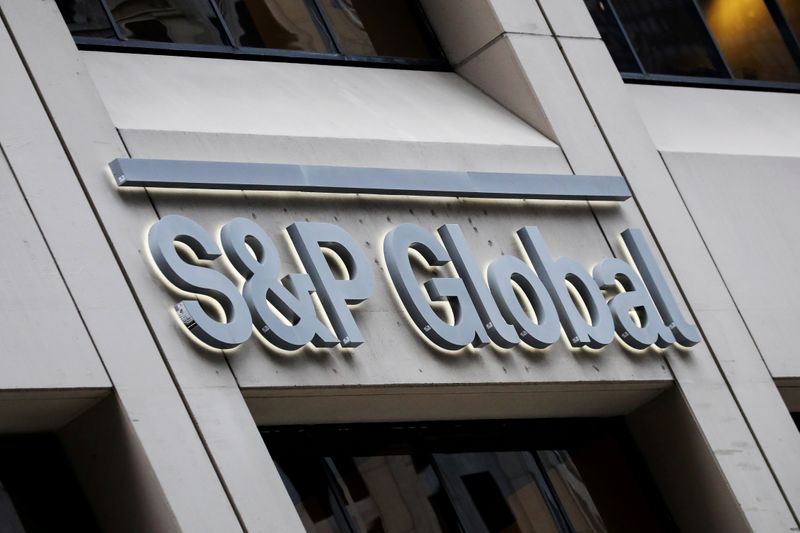This post was originally published on this site
https://i-invdn-com.akamaized.net/trkd-images/LYNXMPEGB71OO_L.jpg
The revision relates to the city’s general obligation (GO) and associated appropriation-backed bonds and reflects a one-in-three chance S&P could lower its rating during the outlook period, which typically spans two years, the rating agency said.
The coronavirus transmission rate increase could hurt the city’s financial forecast, and could negatively affect global tourism trends and additional federal stimulus funding for state and local governments as well as service reductions at the Metropolitan Transportation Authority, S&P Global Ratings credit analyst Nora Wittstruck said in a statement.
U.S. coronavirus cases have crossed the 15 million mark, according to a Reuters tally on Tuesday.
These issues could affect the region’s economic recovery and cause “weakness in property tax values that will not be evident until fiscal 2023,” Wittstruck said.
New York state Governor Andrew Cuomo said on Monday that if hospitalization rates keep climbing this week, he would suspend indoor dining at New York City restaurants. The city resumed indoor service in September at 25% of capacity.
On Nov. 18, New York’s Metropolitan Transportation Authority (MTA), which faces nearly $16 billion in projected deficits through 2024 due a sharp drop in ridership on its buses, subways and trains, had to authorize borrowing of up to $2.9 billion from a U.S. Federal Reserve loan program to aid its coronavirus-battered budget.

